Here we will going to discuss compost vs. fertilizer, exploring their differences and understanding when to use each one.
We will start by explaining what compost is and its numerous benefits for your garden. Then, we will discuss the advantages and disadvantages of using compost. Next, we will explore fertilizer and how it can enhance plant growth. We’ll also highlight the pros and cons of using fertilizer.
Finally, we’ll touch upon common traits shared by compost and fertilizer, answer some frequently asked questions, and provide guidance on when to use each one based on your gardening needs. So, if you’re ready to become a gardening expert, keep reading!
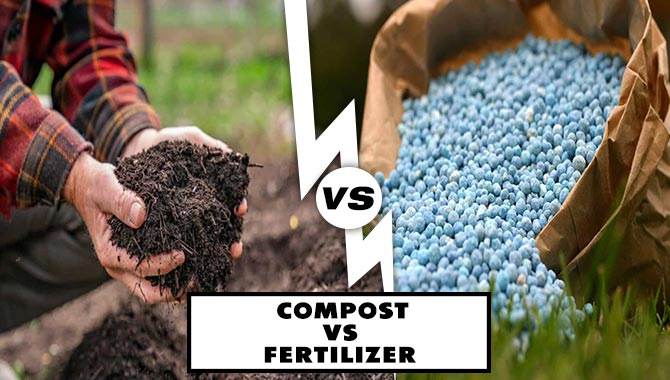
Compost Vs. Fertilizer – Know Which Is Best
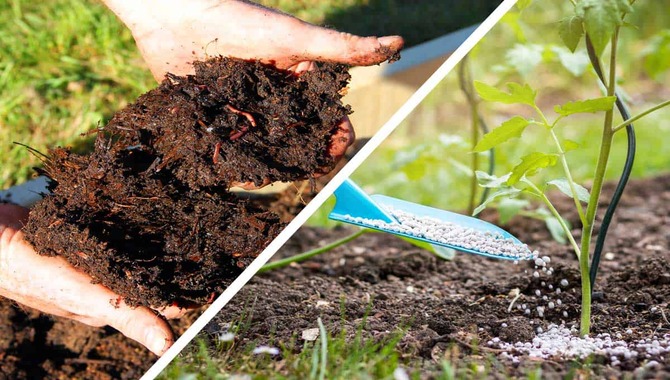
Composting and fertilizing offer unique ways to improve soil health and support plant growth. Compost, an organic material that has undergone decomposition, enhances soil structure, moisture retention, and nutrient availability.
Meanwhile, fertilizer provides essential nutrients such as nitrogen, phosphorus, and potassium to meet plants’ needs. Compost is an excellent sustainable option, helping reduce waste and support the soil food web. Bellow, we discuss compost vs. fertilizer.
What Is Compost?
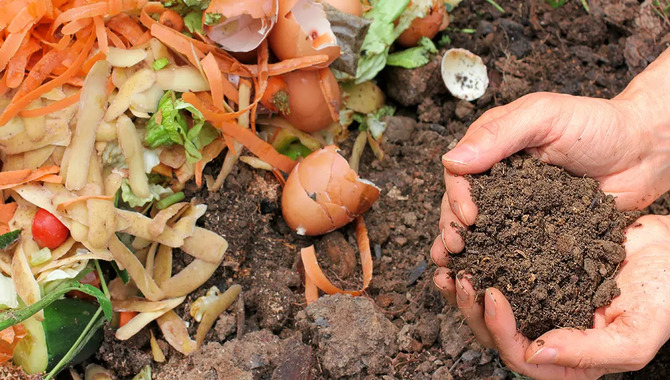
Compost is a natural substance created from decomposed plant and animal matter. It’s packed with nutrients and microorganisms that enrich the soil, making it more fertile and structurally sound. Using compost instead of chemical fertilizers is an eco-friendly choice that benefits both plants and the environment.
Benefits Of Compost
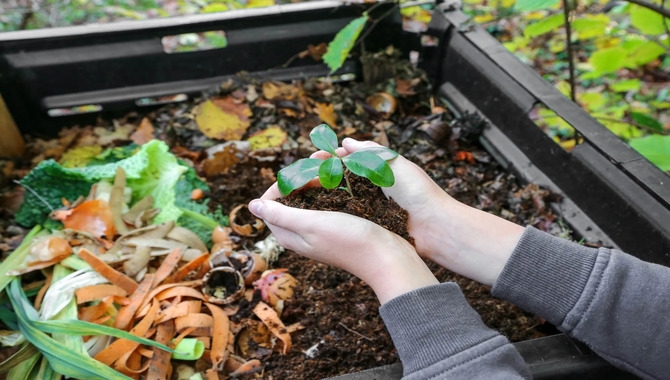
Compost presents a wide range of benefits for gardeners and plant enthusiasts. As a natural and organic soil amendment, compost improves soil fertility and structure, making it an essential element for healthy plant growth.
Incorporating compost into the soil enriches it with vital nutrients and beneficial microorganisms, fostering a thriving soil food web. Moreover, compost aids in water retention, reducing the irrigation needed and ensuring adequate plant moisture.
Unlike chemical fertilizers, compost releases nutrients slowly over time, providing a constant supply of nourishment throughout the growing season. Whether you make your compost through composting or purchase it from garden centers, composting supports sustainable gardening practices and reduces waste.
Disadvantages Of Using Compost
While composting offers numerous benefits, it is important to consider its drawbacks. One disadvantage of compost is the slow release of nutrients compared to fertilizers.
Unlike synthetic fertilizers, which provide an immediate nutrient boost, compost takes time to break down and release nutrients into the soil. This can be a drawback for plants with specific nutrient needs or gardeners seeking precise nutrient balance.
Composting also requires time, effort, and space to properly create and maintain, making it less convenient for gardeners, particularly those in urban areas. Moreover, some composts may contain weed seeds or pathogens, which can harm plants and pose risks. Awareness of these drawbacks and considering alternative soil amendment options is essential.
What Is Fertilizer?
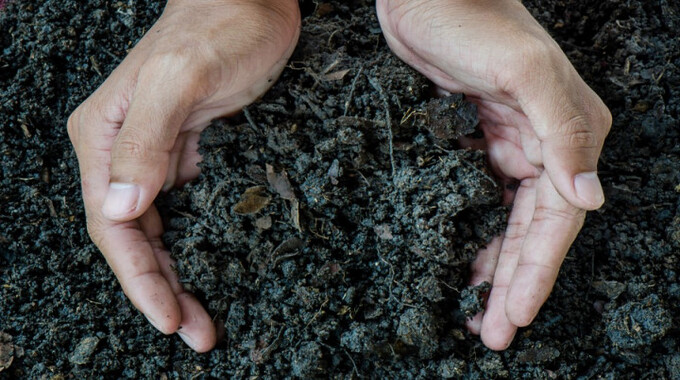
Fertilizer is a substance used to enrich soil and plants with vital nutrients. It supports plant growth, boosts crop productivity, and replenishes nutrient levels in the soil. Depending on their origin and production methods, fertilizers can be organic or synthetic. The primary nutrients found in fertilizers are nitrogen, phosphorus, and potassium.
Advantages Of Using Fertilizer
Fertilizers offer numerous advantages in gardening, providing essential nutrients for optimal plant growth. Customizable to meet specific plant needs, fertilizers promote healthier growth, increased yields, and nutrient balance. With higher nutrient concentrations than compost, they provide quicker results as nutrients are readily available for plant uptake.
Fertilizers also address nutrient deficiencies, replenishing soil nutrient levels. By incorporating secondary key terms such as macronutrients, organic fertilizer, nitrogen fertilizers, and specific nutrient deficiencies, fertilizers are a versatile solution for gardening needs.
Disadvantages Of Using Fertilizer
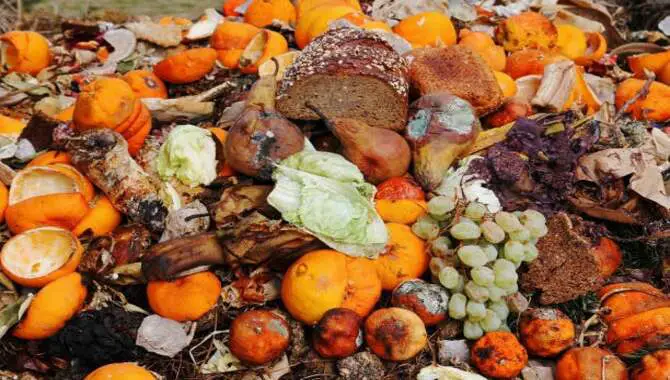
While fertilizers have clear advantages, it’s important to recognize their disadvantages. Fertilizers, manufactured products, contain concentrated amounts of specific nutrients, making them expensive and requiring frequent applications to maintain soil fertility.
Overuse of fertilizers can lead to nutrient runoff, polluting water sources and causing environmental harm. Furthermore, fertilizer use can disrupt the natural balance of pH levels in the soil, contributing to soil acidification.
In contrast, compost provides a natural and organic alternative. With improved soil structure and added beneficial microorganisms, compost enhances nutrient availability over time. By incorporating compost into your gardening practices, you can address these drawbacks while promoting healthier plant growth and a more sustainable approach to gardening.
Common Traits Of Compost And Fertilizer
Compost and fertilizer share common traits but differ in composition and usage. Compost, composed of decomposed organic materials like food scraps, yard waste, and manure, improves soil structure and enhances soil fertility and water retention.
It also adds beneficial microorganisms to the soil. Fertilizer, whether synthetic or derived from natural minerals, provides specific nutrients to plants, ensuring they meet their nutritional needs. It offers a quick-release nutrient source that promotes immediate growth. Compost and fertilizer play important roles in gardening, complementing each other for optimal results.
Can I Put Bread In Compost?
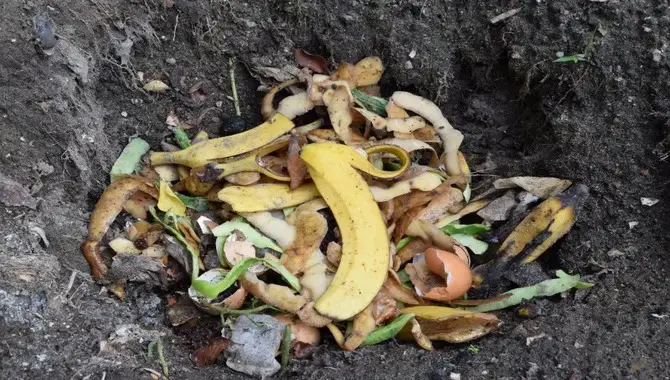
Bread can be added to compost as it is considered a “green” or nitrogen-rich material. However, tearing it into smaller pieces before adding it to the compost pile is recommended to aid in decomposition. Be cautious about adding large quantities of bread as it may attract pests.
Can I Put Compost In Potted Plants?
Absolutely! Compost is a great addition to potted plants as it enriches the soil with vital nutrients and enhances overall health. Mix moderate compost with potting soil for improved drainage and moisture retention, but avoid overdoing it to prevent waterlogging.
When To Use Compost Or Fertilizer
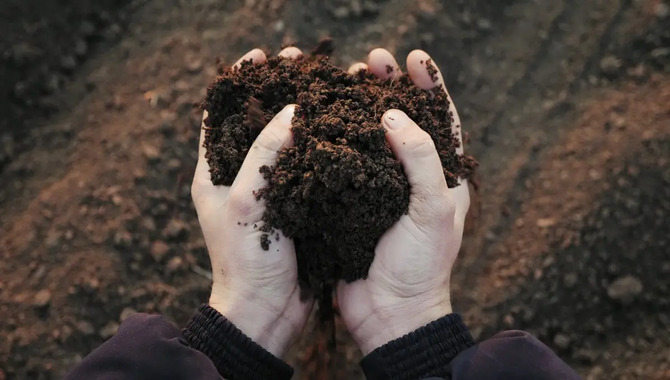
Knowing when and how to use compost or fertilizer in gardening and agriculture is essential for successful plant growth. Compost, an organic material from food scraps and yard waste, is a valuable soil amendment. Rich in nutrients, it slowly releases nitrogen, phosphorus, and potassium, improving soil structure and fertility. Fertilizer, on the other hand, acts as a direct nutrient source for fast-growing plants.
Whether using organic or synthetic fertilizers, it provides the necessary macronutrients and micronutrients for healthy plant development. When deciding between compost and fertilizer, consider the specific needs of your plants, soil conditions, and the level of nutrient deficiencies. Experimentation and soil testing can determine the best approach for optimal plant nutrition.
Conclusion
both compost and fertilizer have their advantages and disadvantages. Compost is a natural, organic material that enriches the soil by improving its structure and providing essential nutrients over time. It also helps retain moisture and suppresses weeds.
On the other hand, fertilizers are synthetic or natural substances that provide immediate nutrients to plants, promoting faster growth and higher yields. They can be tailored to specific nutrient needs but may have negative environmental impacts if used improperly.
To decide whether to use compost vs. fertilizer, consider factors such as your soil’s nutrient levels, plant needs, and environmental considerations. In some cases, a combination of both may be the best approach.
Frequently Asked Questions
1.Which Is Better Compost Or Fertilizer?
Ans: Compost and fertilizer have distinct roles in gardening. Compost enhances soil quality and adds organic matter, while fertilizer supplies essential nutrients. However, compost is a sustainable option that gradually enriches the soil, while fertilizer offers immediate nutrient boosts.
2.Is Compost A Substitute For Fertilizer?
Ans: Compost can serve as a substitute for fertilizer in certain instances. While compost enriches the soil with organic matter and enhances its structure, fertilizer provides specific nutrients. Compost improves nutrient availability and long-term soil health, but additional fertilizer may be required in cases of specific nutrient deficiencies.
3.What Are Two Difference Between Compost And Fertilizer?
Ans: Compost is organic matter that gradually enriches the soil and improves its structure, while fertilizer is a concentrated nutrient source that provides instant nourishment to plants. Compost prioritizes soil health and microbial activity, while fertilizer’s main goal is to supply essential nutrients to plants.
4.Is Compost Better Than Fertilizer For New Lawn?
Ans: Compost and fertilizer offer distinct advantages for a new lawn. Compost enhances soil structure, adds organic matter, and increases nutrient availability. Fertilizer supplies specific nutrients that may be deficient in the soil.
5.What’s The Difference Between Compost And Fertilizer?
Ans: Compost is decomposed organic matter that enhances soil structure and fertility, while fertilizer is a substance that stimulates plant growth. Compost contains various nutrients, while fertilizers are typically formulated with specific nutrients.

I am passionate about home engineering. I specialize in designing, installing, and maintaining heating, ventilation, and air conditioning systems. My goal is to help people stay comfortable in their homes all year long.
